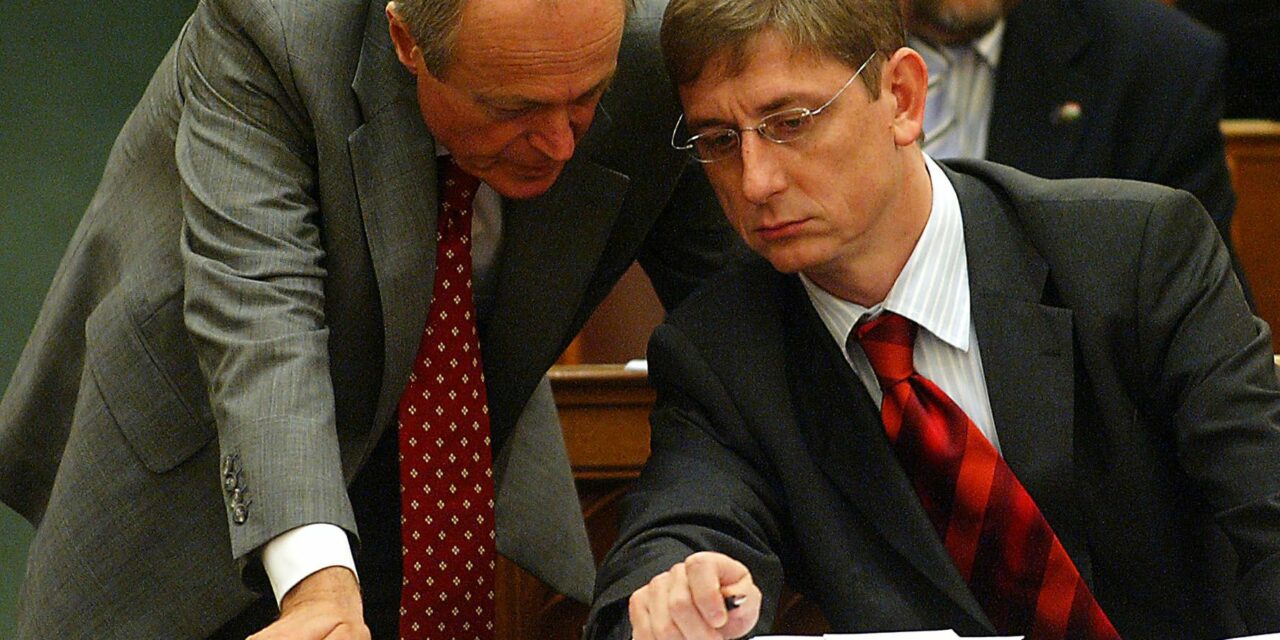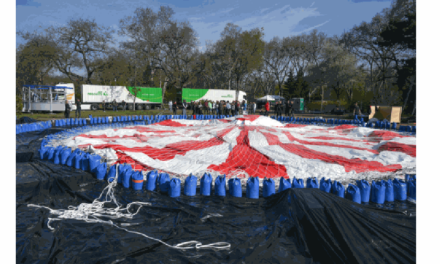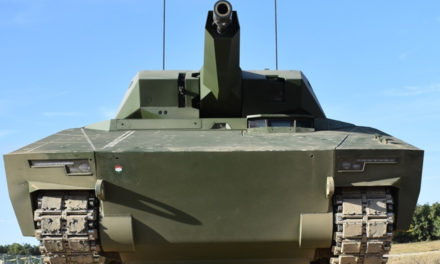By 1992, the free democrats and the socialists had already cooperated in the social movement called the Democratic Charter - Fidesz, as the third opposition party, did not participate in this due to its anti-communism - and in 1993 the popularity of the socialists began to grow strongly.
Here and at this stage, the system-changing public mood ended, and from this point on, public opinion took a spectacular turn with the slogan "return the socialists to power" - from that point on, attacking and questioning the socialist nomenclature could no longer seriously arise. The political atmosphere that brought the elite, political power center and network of the former dictatorship back to power in 1994 was created.
Nevertheless - and summarizing the role of the opposition in the matter of elite exchange - it can also be said that almost all opposition political forces and groups were to some extent part of and responsible for the lack of accountability and elite exchange that occurred naturally in other countries of the region. This is also proven by a deeply self-critical expression of László Kövér, which is worth quoting here a little longer: "Those who forget the past are condemned to relive it. In fact, Hungarian society did not forget, could not forget the past, because it did not even understand it. We protected ourselves from revenge and reckoning to such an extent that in the meantime the reckoning was also missed. We were so happy that we carried out the democratic transition without the slightest violence, that those who demanded a confrontation with the past seemed almost like extreme instigators. All of us who were responsible for this, opposition and ruling party politicians, liberal or conservative intellectuals, foreign diplomats or decision-makers, committed a crime for which we will also repent in our descendants." I think there is hardly any need to comment on these words.
After this, it is worth taking a closer look at the internal division of the re-strengthening post-communist elite and nomenclature; in this regard, I separate the four parts of the center of power, namely the political, the economic, the media and the secret service.
Let's take his policies first. We see that the leading political layer of the nomenclature in the dictatorship - apart from a few inevitable "cleansing sacrifices" - essentially survived the regime change, since Gyula Horn through Péter Medgyessy , László Kovács , Ildikó Lendvay , András Bársony , Sándor Nagy and many others, KISZ was KISZ until Ferenc Gyurcsány - Up to the Secretary of the Cabinet of Ministers, all of them remained on the surface, in fact, after the new takeover of power in 2002, the majority of the old names can be found in the Medgyessy government, then in the Gyurcsány government (László Kovács, for example, became our country's commissioner in the European Union!), and the representatives between and under the leadership of the MSZMP. The former state socialist elite has therefore become the dominant political power center in democracy, but even in 2021 we see that the real leader of the "left" is called Ferenc Gyurcsány .
Next, let's deal with the economic section.
The maintenance and even the expansion of the economic network was paradoxically realized by the socialists during the process of capitalization, the development of the market economy, and the privatization of state assets. On the one hand, the members of the political elite, and on the other hand, the leaders of large state companies, i.e. the members of the nomenclature, took full advantage of this opportunity and moved into the private economy, thus becoming capitalists, so to speak, even before the first free elections took place. By the time the country reached the free elections of 1990, the opposition parties could already see that capitalization did not bring about equal opportunities in the market, since a significant part of the state's wealth is in the hands of the economic (and former political) nomenclature in whose hands was also in the state socialist system.
The leaders of the communist youth organization were especially "at the forefront" of this process, who soon emerged as managers of medium and large companies and tried to sell themselves to the public as young, talented capitalists. ( An excellent example of this is former Prime Minister Ferenc Gyurcsány, who started his career as one of the leaders of the KISZ KB, later became a billionaire entrepreneur thanks to his nomenclature and communist family connections, and after 2002 he triumphantly returned to politics as Minister of Sports, and then unexpectedly became Prime Minister. But the names could still be listed, Imre Nagy to Lajos Csepi also from KISZ , but I will leave that aside here.)
It goes without saying that the economic network plays a prominent role in the struggle between political power centers, since it is an elementary commonplace that even the best political trends cannot achieve their goals without money, and even a lot of money. From this point of view, perhaps there is no need to say what a disadvantage it was for the opposition to find unilaterally distorted economic power relations at the beginning of the regime change. When the Antall government started its operation, it had to experience that the power relations in the Hungarian version of the market economy, which is called free in the textbooks, showed a complete disproportion, that the American dream of "you can become a millionaire from shoe shine" was at best a wishful dream, and that the new market system did not bring the expected equality of opportunity world in which everyone prevails according to his talents and abilities.
In layman's terms, the cards were already dealt before the new ones sat down at the table.
Author: Tamás Fricz, political scientist
(to be continued)













